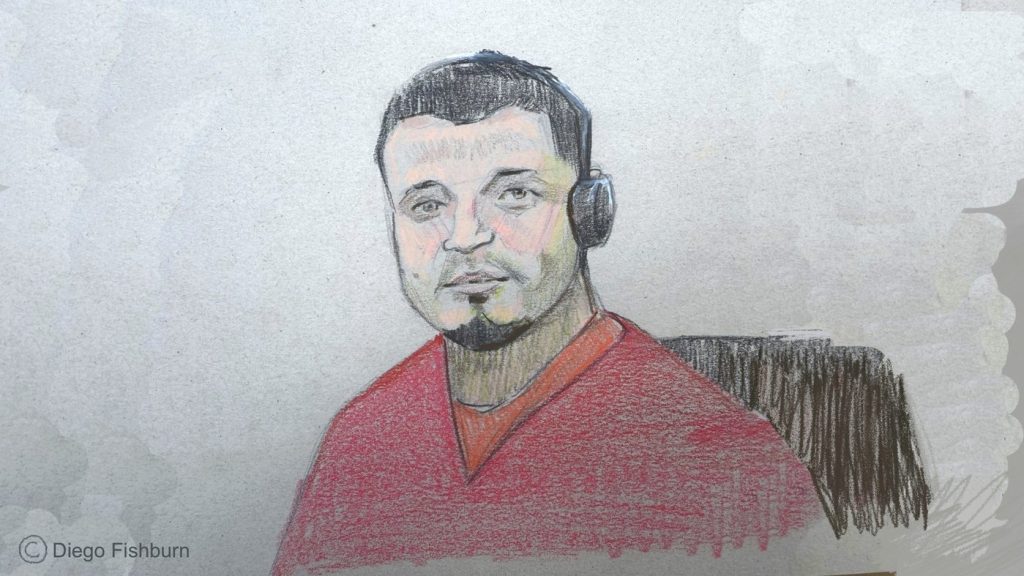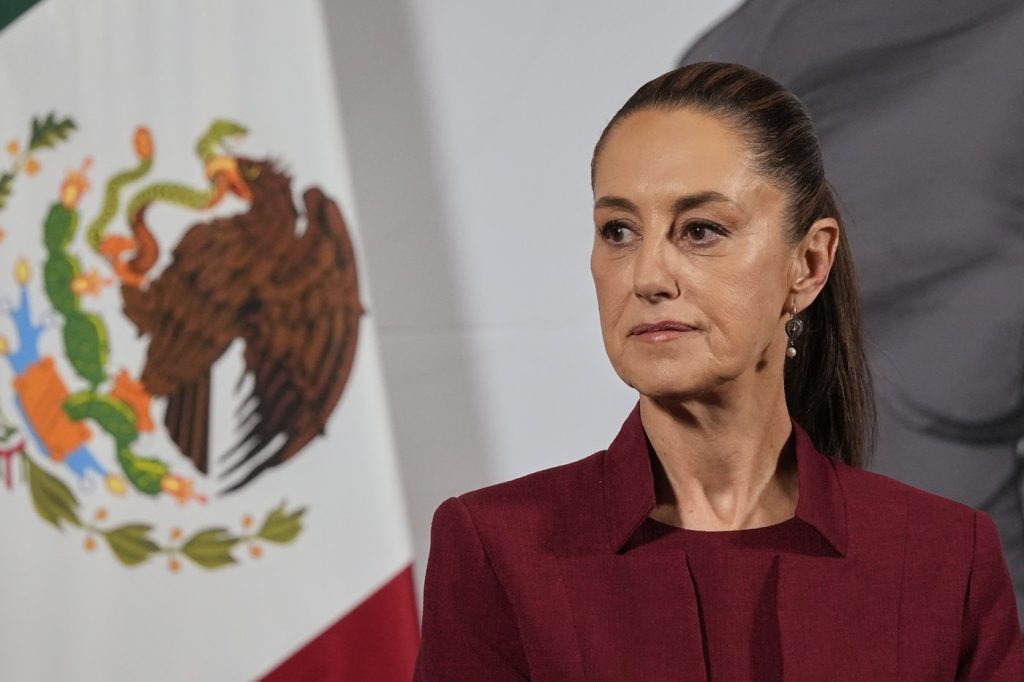On Thursday, the Justice Department announced plans to prosecute Kilmar Abrego Garcia on federal smuggling charges in Tennessee prior to proceeding with his deportation. This decision aims to alleviate concerns regarding Abrego Garcia's potential swift expulsion from the United States. U.S. Magistrate Judge Barbara Holmes in Nashville recently established that Abrego Garcia had the right to be released from jail while awaiting trial. However, her decision on Wednesday to keep him in custody for a few additional days was influenced by worries that U.S. immigration authorities might detain him and attempt to deport him again in the interim.
According to DOJ spokesperson Chad Gilmartin, Garcia will face legal proceedings concerning his charges before any deportation takes place. He stated, “This defendant has been charged with horrific crimes, including trafficking children, and will not walk free in our country again.” Abrego Garcia has become a focal point amid President Donald Trump’s stringent immigration policies, especially following his mistaken deportation to El Salvador in March. In response to mounting pressure and a Supreme Court ruling, the Trump administration returned him this month to face smuggling charges that his attorneys argue were brought to rationalize his wrongful deportation.
As the legal situation evolves, Abrego Garcia’s legal team raised alarms about the possibility of his expedited deportation following his release from jail in Tennessee. To prevent this, Abrego Garcia’s lawyers submitted an urgent request to a federal judge in Maryland, urging that he be transferred to that state upon release. They expressed concerns, stating, “If this Court does not act swiftly, then the Government is likely to whisk Abrego Garcia away to some place far from Maryland.” Abrego Garcia had lived and worked in Maryland as a construction worker for over a decade, supporting his American wife, Jennifer Vasquez Sura, and their children. Vasquez Sura is currently suing the Trump administration regarding her husband’s deportation in the Maryland federal court where Abrego Garcia’s attorneys filed their emergency request.
During a conference call with U.S. District Judge Paula Xinis in Greenbelt, Maryland, attorney Jonathan Cooper conveyed worries that the government might quickly remove Abrego Garcia over the weekend. Justice Department attorney Jonathan Guynn acknowledged plans for Abrego Garcia’s deportation to a “third country” that is not El Salvador yet stated that no specific timeline for these plans is available. Guynn added, “We do plan to comply with the orders we’ve received from this court and other courts,” though no detailed timeline was provided for the upcoming proceedings.
Judge Xinis highlighted her inability to act as quickly as the defense desired, needing to take into account pending motions from the Trump administration regarding the case. A court hearing has been scheduled for July 7 in Maryland to address both the emergency request and other related matters.
Abrego Garcia’s initial deportation violated a U.S. immigration judge’s 2019 ruling, which had prohibited his removal due to credible threats from gangs in El Salvador. The Trump administration termed the violation of this ruling as an “administrative error.” Officials from the administration asserted that Abrego Garcia was affiliated with the MS-13 gang, an allegation he denies. On June 13, Abrego Garcia pleaded not guilty to smuggling charges linked to a 2022 traffic stop in Tennessee, where he was found driving a vehicle with nine passengers, lacking luggage.
Magistrate Judge Holmes noted in her ruling that prosecutors had not successfully demonstrated that Abrego Garcia posed a flight risk or a danger to the community. Although she outlined specific conditions for his release, which included living with his U.S. citizen brother in Maryland, she chose to postpone his release due to concerns over federal immigration officials’ potential actions. Holmes directed both Abrego Garcia’s legal team and the prosecutors to file briefs on the outstanding issues.












